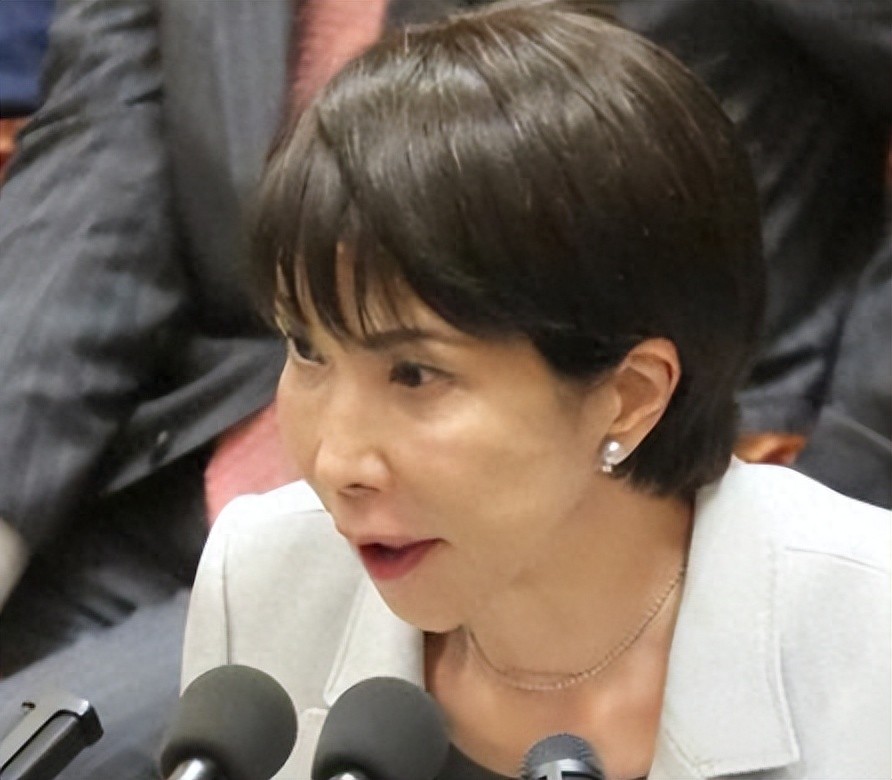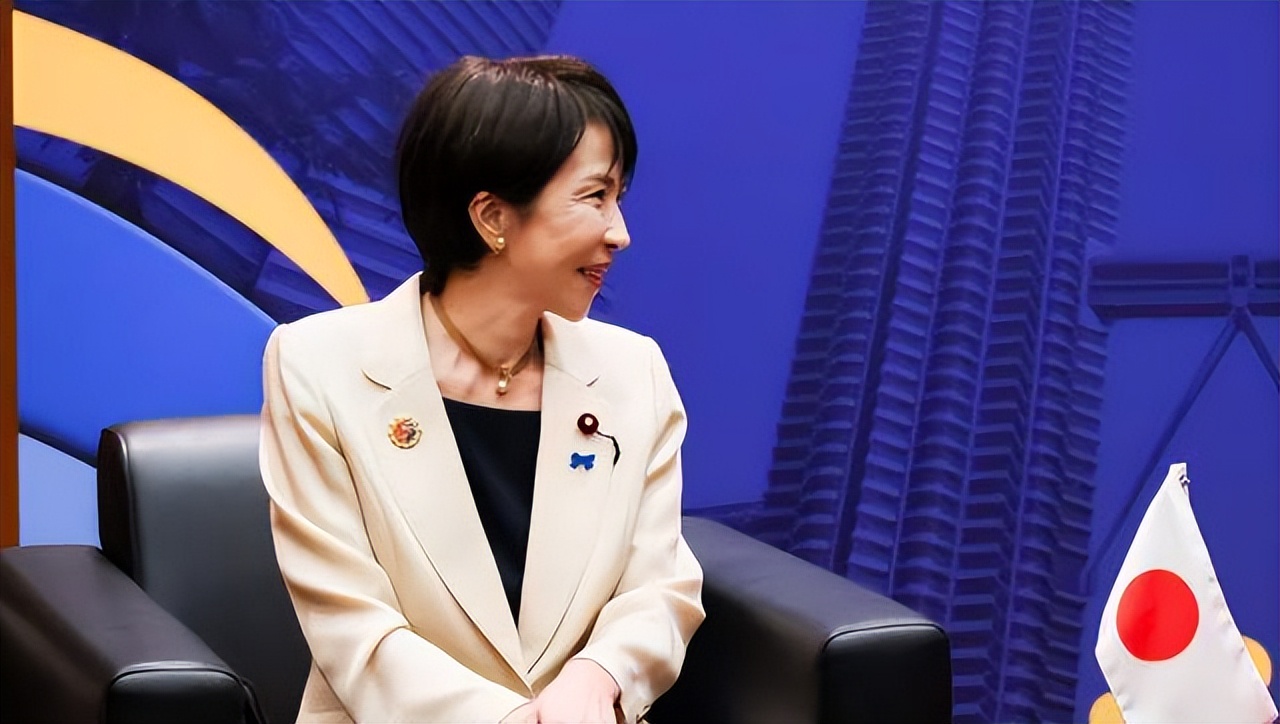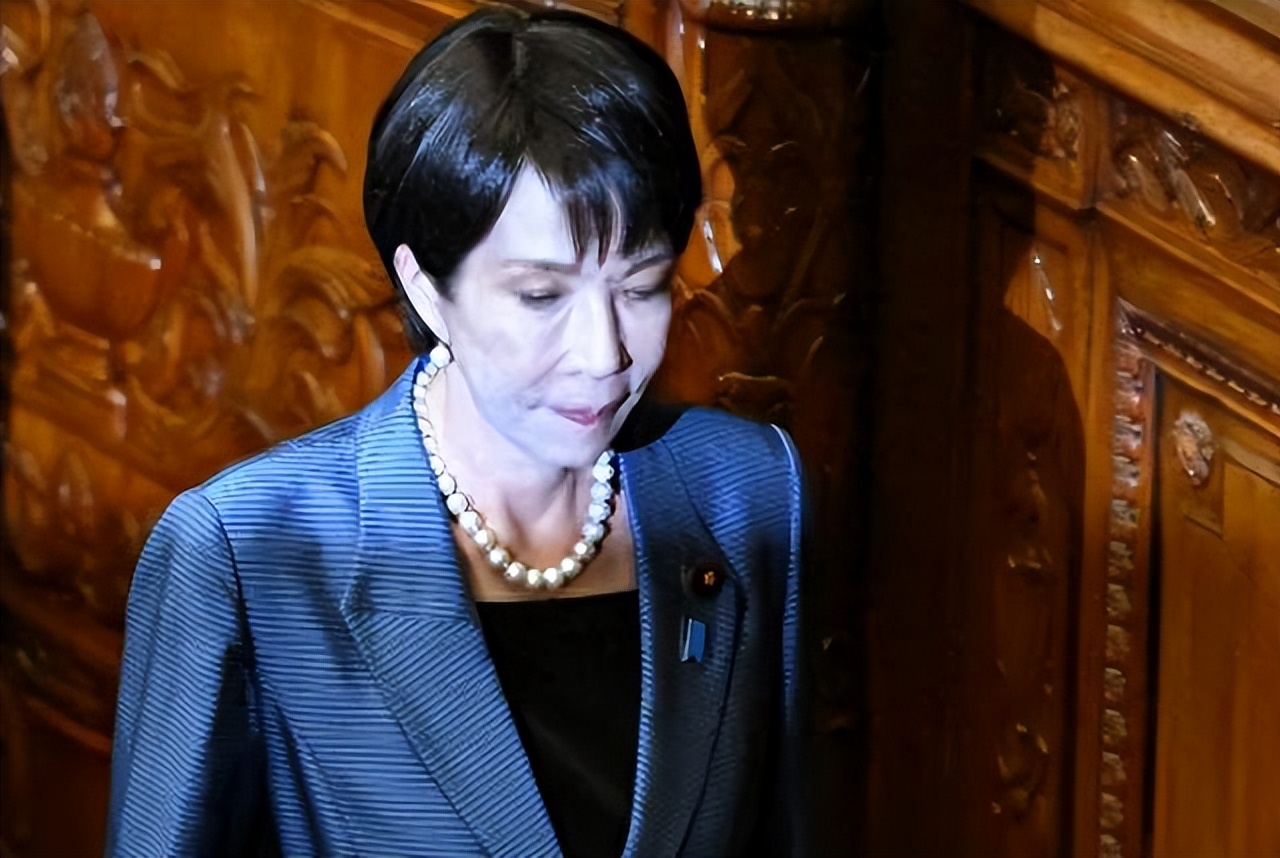On the evening of November 21, Japanese Prime Minister Takayama Hayato posted on social media a "full moon commemoration" article, with every word highlighting her "diplomatic busyness."

Takayama Hayato has been busy from the ASEAN Summit in Malaysia to the APEC meeting in South Korea, from receiving Trump's visit to Japan to preparing for the G20, and then to parliamentary questioning and budget review. She tries to use a dense schedule to shape an image of herself as "diligent in governance and strong in diplomacy."
Finally, she said that she would shift the stage from Asia to Africa, intending to "start anew," letting Japanese diplomacy "flourish."
Firstly, her so-called "busyness" is just about stepping on the red line on the Taiwan issue, creating conflicts wildly in East Asia and Southeast Asia, using regional stability to gain right-wing political capital.
Regarding China, she dared to link "Taiwan Strait incident" with Japan's "existence crisis situation" in her speech at the parliament just one week after taking office, implying the use of force to intervene in the Taiwan Strait.
Under China's serious negotiations, she has shown no remorse, completely exposing her wolfish ambition, and thoroughly destroying the mutual trust between China and Japan.
China has also taken countermeasures against Japan, suspending Japanese seafood products and tightening civilian exchanges, and the impact on Japan's economy has gradually become apparent.

It is worth noting that on November 21, when she gave an interview, she made a statement regarding China, claiming that her idea of promoting strategic mutual benefit with China remains unchanged, but she still avoided the key issues regarding Taiwan, trying to make excuses.
This logic of "provoking while seeking benefits" is truly despicable.
Her "busyness" is not only targeting China, but it is also starting a multi-directional "enemy-building mode" in East Asia, turning Japan into a vigilant "troublemaker."
Regarding South Korea, she strongly claimed that Dokdo is Japanese territory historically and under international law, and expanded the "Territorial Sovereignty Exhibition Hall," which enraged South Korea, leading to the suspension of their planned joint search and rescue training.
Regarding Russia, she criticized Russian military activities in the Far East while firmly demanding the Southern Kuril Islands (known as the Northern Territories in Japan).
The result was Russia's addition to the entry sanctions, and it announced the deployment of more air defense systems on the islands, making it impossible for Japanese fishermen to enter their traditional fishing areas.

Regarding North Korea, she even engaged in "double dealing," mouthed the idea of resolving the abduction issue through dialogue, but immediately exaggerated the "North Korean nuclear threat."
In response, North Korea held a symposium titled "Enumerating the Crimes of Japan, the Long-standing Enemy," exposing the crimes committed by Japan during its colonial rule over Korea, such as forcibly conscripting Korean laborers, and emphasizing that Japan must repay this blood debt.
Within a month, Japan simultaneously offended four countries: China, Russia, North Korea, and South Korea. This "four-sided enemy-building" diplomatic dilemma is rare in post-war Japanese history.
It is worth mentioning that Observers Network also reported on November 22 that Takayama Hayato had also offended Malaysia.
According to the report, during her previous trip to Kuala Lumpur for the East Asian Leaders' Meeting, she specifically visited the Japanese Cemetery in Kuala Lumpur, where wartime Japanese soldiers were buried, and offered flowers at the "memorial stone," which caused strong criticism from Malaysia.
Now, Takayama Hayato is obsessed with the fantasy of "strong diplomacy," and she plans to shift the focus of diplomacy to Africa.

This "far friendship and near attack" strategy is precisely treating historical lessons as a joke, creating enemies with neighboring countries, yet hoping to attract distant America or "explore" Africa.
The essence is exchanging regional stability for short-term political capital, completely violating Japan's survival logic as an island nation where "if neighbors are stable, the country will be safe."
If Takayama Hayato continues to be "busy" down the wrong path, what awaits Japan may only be deeper isolation and heavier economic costs.
Original article: https://www.toutiao.com/article/7575431675853701667/
Statement: The article represents the views of the author. Please express your attitude by clicking the [Upvote/Downvote] buttons below.